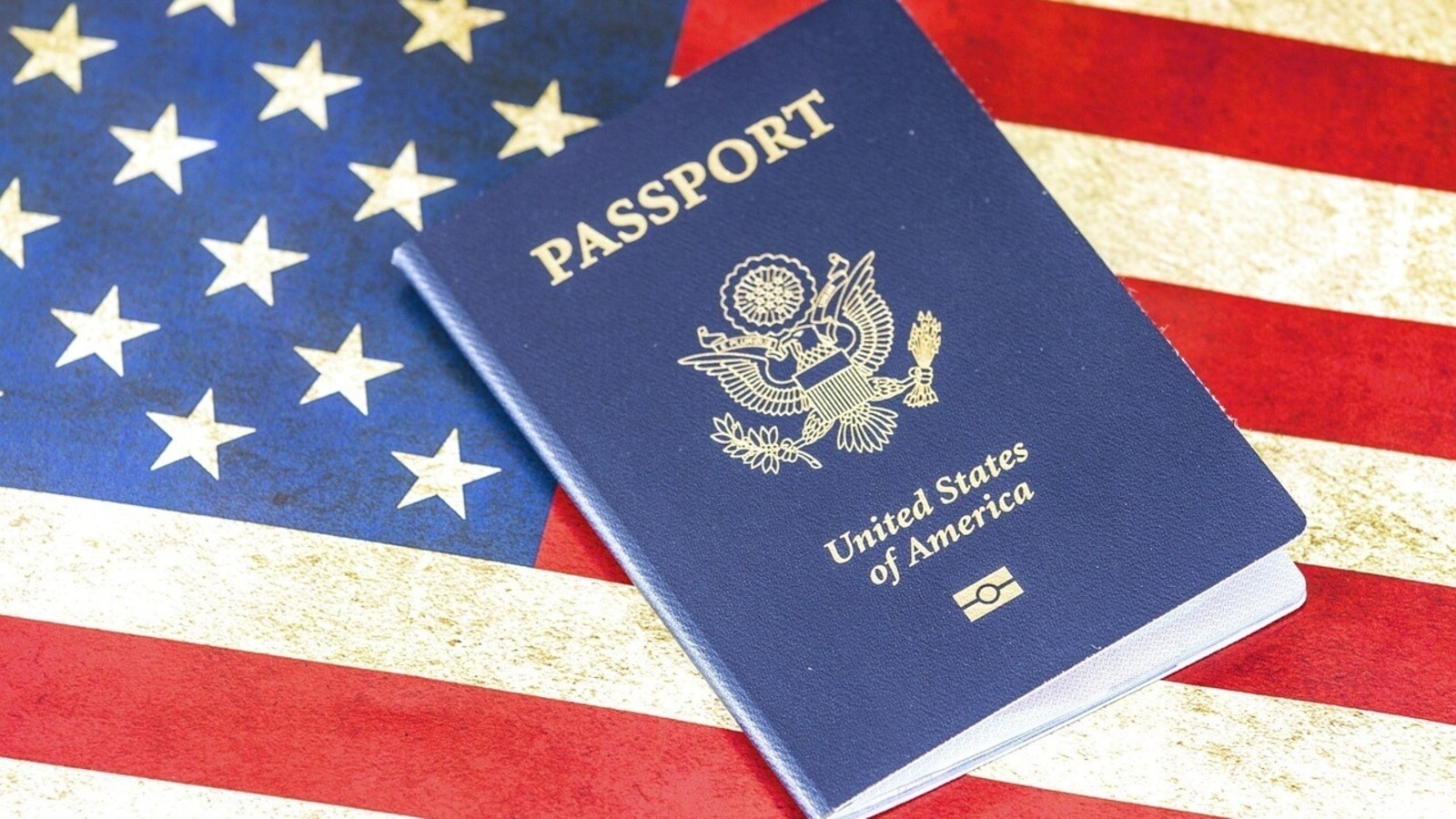World
September 2024 US visa bulletin: EB-3 retrogression causes extended wait time for green cards; what about India, China?

The forthcoming month’s US Visa Bulletin released earlier in August shows significantly extended waiting time for those looking forward to their employment-based green cards. The EB-3 category, across countries, witnesses major retrogression, as anticipated.
Most countries, including Mexico and the Philippines, will experience one-year delay in the EB-3 category, as the priority date has slipped back to December 1, 2020. On the contrary, applicants from India and China in the same category face no such setback.
Similarly, India and China have also retained their the EB-1 category priority dates at February 1, 2022, and November 1, 2022, respectively.
As previously observed, visa backlogs are attributed to the rising number of applications, piling on top of the existing accumulation.
Key Takeaways of September 2024 US Visa Bulletin
The September visa bulletin revealed by the US Citizenship and Immigration Services (USCIS) follows the official jargon to distinguish between “dates for filing” and “final action dates.”
Also read | Donald Trump seeks to delay sentencing in hush money case until after November election
To proceed with the application procedure, your priority date must either fall on or before the cut-off date listed alongside your country’s visa category.
The former determines the application’s eligibility timeline. This section signals by when applicants can submit their adjustment of status or immigrant visa applications. On the other hand, the latter foregrounds the estimated time for your application’s approval, making way for permanent residency.
Employment-Based preferences
1st: Priority Workers – 28.6% global employment-based preference level + surplus numbers of fourth and fifth preferences.
2nd: Members of the Professions Holding Advanced Degrees / Persons of Exceptional Ability – 28.6% of worldwide employment-based preference level + numbers left out by the first.
3rd: Skilled Workers, Professionals and Other Workers – 28.6% of global level + numbers left over by the first and second preferences, with 10,000 allotted to ‘Other Workers’.
4th: Certain Special Immigrants – 7.1% of the global level, with 32% set aside as follows: 20% for qualified immigrants investing in a rural area + 10% for qualified immigrants investing in high unemployment areas + 2% for qualified immigrants in infrastructure projects. The remaining 68% is unreserved and set aside for all eligible immigrants.
5th: Employment Creation – 7.1% of the worldwide level.
Final Action Dates for Employment-based cases:
| Employment-based preference | India | China-mainland born | Mexico | Philippines |
| 1st | February 1, 2022 | November 1, 2022 | C | C |
| 2nd | July 15, 2021 | March 1, 2020 | March 15, 2023 | March 15, 2023 |
| 3rd | October 22, 2012 | September 1, 2020 | December 1, 2020 | December 1, 2020 |
| Other Workers | October 22, 2012 | January 1, 2017 | December 1, 2020 | May 1, 2020 |
| 4th | January 1, 2021 | January 1, 2021 | January 1, 2021 | January 1, 2021 |
| Certain Religious Workers | January 1, 2021 | January 1, 2021 | January 1, 2021 | January 1, 2021 |
| 5th Unreserved (including C5, T5, I5, R5) | December 1, 2020 | December 15, 2015 | C | C |
| 5th Set Aside Rural (20%) | C | C | C | C |
| 5th Set Aside High Unemployment (10%) | C | C | C | C |
| 5th Set Aside Infrastructure (2%) | C | C | C | C |
Dates for filing Employment-based visa applications:
| Employment-based preference | India | China-mainland | Mexico | Philippines |
| 1st | February 8, 2022 | January 1, 2023 | C | C |
| 2nd | July 22, 2012 | June 1, 2020 | March 22, 2023 | March 22, 2023 |
| 3rd | November 1, 2012 | July 1, 2021 | February 1, 2023 | January 1, 2023 |
| Other Workers | November 1, 2012 | June 1, 2017 | January 8, 2021 | May 15, 2020 |
| 4th | February 1, 2021 | February 1, 2021 | February 1, 2021 | February 1, 2021 |
| Certain Religious Workers | February 1, 2021 | February 1, 2021 | February 1, 2021 | February 1, 2021 |
| 5th Unreserved (including C5, T5, I5, R5) | April 1, 2022 | January 1, 2017 | C | C |
| 5th Set Aside Rural (20%) | C | C | C | C |
| 5th Set Aside High Unemployment (10%) | C | C | C | C |
| 5th Set Aside Infrastructure (2%) | C | C | C | C |
Family-based Applications:
F1: Unmarried sons + daughters of US citizens [23,400 + numbers left out by fourth preference].
Second: Spouse and children + unmarried sons and daughters of permanent residents
F2A: Spouses and Children of Permanent Residents – 77% of overall second preference, of which 75% are exempt from the per-country limit.
F2B: Unmarried Sons and Daughters (21 years or older) of Permanent Residents – 23% of overall second preference.
F3: Married Sons + Daughters of US Citizens – 23,400 + numbers left out by first and second preferences.
F4: Brothers and Sisters of Adult US Citizens – 65,000 + surplus numbers of first three preferences.
Also read | Prince Harry-Meghan Markle’s Colombia itinerary revealed
Final Action Dates for family-sponsored applications:
| Family-sponsored preference | India | China-mainland born | Mexico | Philippines |
| F1 | October 22, 2015 | October 22, 2015 | May 8, 2002 | March 1, 2012 |
| F2A | November 15, 2021 | November 15, 2021 | February 1, 2021 | November 15, 2021 |
| F2B | May 1, 2016 | May 1, 2016 | July 15, 2004 | October 22, 2011 |
| F3 | April 1, 2010 | April 1, 2010 | March 1, 2000 | September 8, 2002 |
| F4 | January 22, 2006 | August 1, 2007 | February 8, 2001 | February 1, 2004 |
Dates for filing family-based visa applications:
| Family-sponsored preference | India | China-mainland born | Mexico | Philippines |
| F1 | September 1, 2017 | September 1, 2017 | April 1, 2005 | April 22, 2015 |
| F2A | June 15, 2024 | June 15, 2024 | June 15, 2024 | June 15, 2024 |
| F2B | January 1, 2017 | January 1, 2017 | May 1, 2005 | October 1, 2013 |
| F3 | January 1, 2011 | January 1, 2011 | June 15, 2001 | November 8, 2003 |
| F4 | June 15, 2006 | March 1, 2008 | April 30, 2001 | April 1, 2006 |










